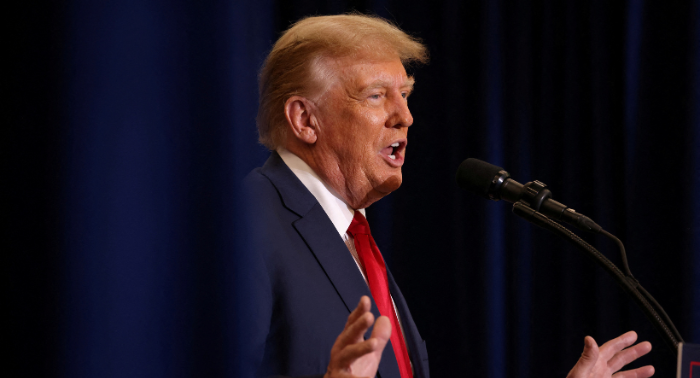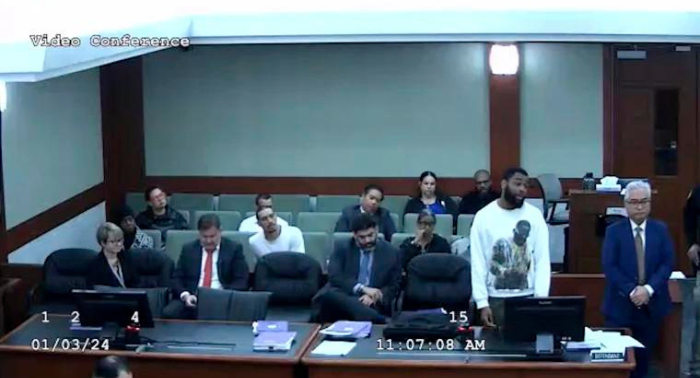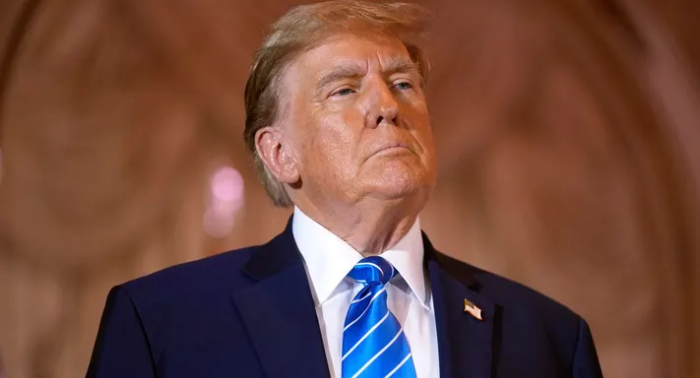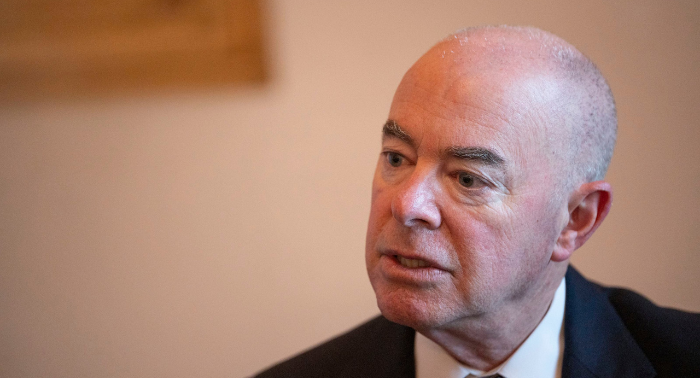The legal battle surrounding former President Donald Trump’s eligibility for the 2024 election ballot in Colorado could potentially drag the U.S. Supreme Court into a politically charged controversy. This case, which revolves around Trump’s disqualification due to his actions preceding the January 6, 2021, Capitol protest, is gaining significant attention from legal experts.
Colorado was the first state, followed by Maine, to rule that Trump’s actions warranted his exclusion from seeking the Republican presidential nomination. This decision, based on a constitutional provision disallowing anyone who had “engaged in insurrection or rebellion” from holding public office, could prompt the Supreme Court to step in.
Attorney Deepak Gupta, who has argued cases before the Supreme Court, believes that the justices may not be pleased about being thrust into this contentious issue, but they might have no choice but to address it. He anticipates that the court will have to act swiftly and strive to make a decision that doesn’t further polarize the nation.
Donald Trump, currently the frontrunner for the Republican nomination in 2024, along with Colorado Republicans, is seeking a review of the December 19 decision that disqualified him from the primary ballot. The case raises crucial questions about the democratic process. Without the Supreme Court’s intervention, individual states could set their own eligibility criteria for officeholders.
Colorado and Maine, both Democratic-leaning states, are unlikely to vote for a Republican presidential candidate. However, similar efforts are underway in other states, including the highly competitive Michigan, which could significantly impact the election’s outcome.
Erwin Chemerinsky, the dean of the University of California Berkeley Law School, argues that the Supreme Court should take on the case and provide a nationwide resolution on whether Trump should be allowed on the ballot. Chemerinsky believes that the court’s decision will play a pivotal role in shaping the election’s dynamics.
The Colorado court’s ruling invoked Section 3 of the Fourteenth Amendment to the U.S. Constitution, known as the disqualification clause. This marked the first time in history that this clause had been used to disqualify a presidential candidate. Section 3 prohibits individuals who took an oath to support the Constitution and later engaged in insurrection or rebellion from holding office.
Legal experts suggest that the justices won’t have to determine whether Trump actually engaged in insurrection to resolve the case. Trump’s legal team argues that the constitutional amendment in question does not apply to U.S. presidents and that the issue of presidential eligibility should be determined by Congress.
While Trump has celebrated his three Supreme Court appointments, he has also expressed frustration with the court’s decisions that did not align with his preferences. The court’s rejection of cases related to the 2020 election and Trump’s claims of widespread fraud have fueled his criticism.
In 2000, the Supreme Court faced a similar situation in Bush v. Gore, ultimately deciding the presidential election in favor of Republican George W. Bush. However, the stakes appear higher this time due to increased polarization and the fragile state of democracy. To maintain its legitimacy, the court might aim for a unanimous or nearly unanimous ruling, signaling that this issue transcends partisan lines.




